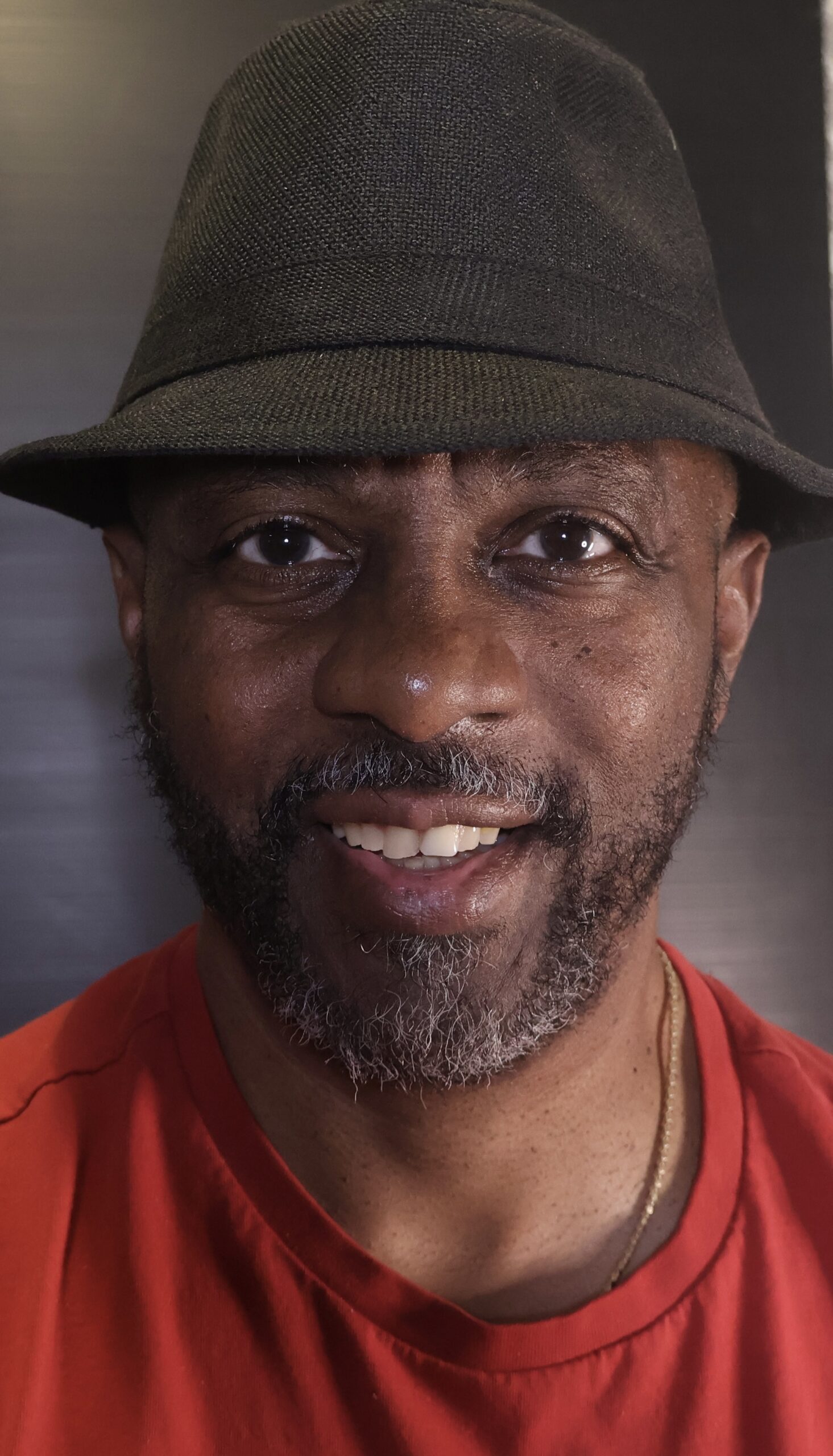| [masterslider id=”5″] |
My name is Mark Anthony Dyson, and I am the Founder of The Voice of Job Seekers. I am a freelance career advice writer, thinker, podcaster, and advocate for job seekers. I write the newsletter and facilitate “The Job Scam Report” community on Substack.
As a freelance writer, I write investigative job search and career articles with a practitioner’s heart. You can check out my work on my press byline page. Connect and contact me through LinkedIn or at mark[at]thevoiceofjobseekers[dot]com if you want to create job search and career-related articles, audio, or video content for your site.
I also write “The Job Scam Report” on Substack, sent to over 3,000 email subscribers. Subscribers receive weekly articles, videos, and a dedicated job scam podcast only on Substack.
I present at colleges and other organizations, facilitate workshops, and regularly write and create useful job search content on this blog and other platforms where career advice is found.
I love helping job seekers with the process of finding a career and solving their job search dilemmas. This award-winning blog helps me reach you and your job search in ways I hope you find refreshing and encouraging.
Mission: I hack and reimagine the job search process. I love writing and talking about the latest job search and career trends. I want to see job seekers win, stay abreast of job search strategies, and make job search a lifestyle, not treat their careers like a seasonal sport.
- I write and create multimedia projects for online publications on job search, careers, and workplace topics. My press bylines are here.
- Present and conduct training (see my LinkedIn profile) on the four topics above.
- Appeared on multiple podcasts, videos, and radio programs as a guest expert to discuss current job search trends.
- Moderate job search and career-related panels are available virtually and in person. Here’s an example of an in-person event I recently moderated.
- I’ve been quoted by many major media outlets. Check out where my advice is featured.

